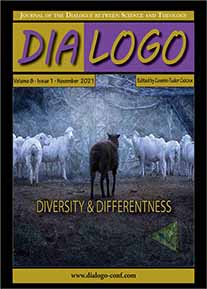Aristotle’s Mean in Politics and Religion
Aristotle’s Mean in Politics and Religion
Author(s): Spyridon Stelios, Alexia DotsiSubject(s): Social Sciences, Education
Published by: EDIS- Publishing Institution of the University of Zilina
Keywords: politics; religion; virtue; mean; public sphere;
Summary/Abstract: In this paper, we investigate the political and religious projection of Aristotle’s Doctrine of the Mean. According to Aristotle and his virtue ethics theory, humans succeed the mean when they acknowledge in what they are physically inclined to. If someone knows towards where she is deviating, either in terms of exaggeration or understatement, then she can, at some point, achieve the mean as the end goal of ethical virtue. But what if these moral evaluations refer to collective processes, such as politics, culture and religion? In this case, the notion of “intermediate” could be paralleled with the notion of ‘optimized’. A way of locating the optimized point on the political or cultural public sphere is to acknowledge in what people are politically or culturally inclined to. This seems to be guided by their cultural traditions, political history and aims. In politics and modern democracies, the doctrine may be applied in virtues, such as justice. Excess in the administration of justice causes "witch hunts" and deficiency lawlessness. Respectively, in today’s religious-oriented societies - countries that could be ranked according to their religiosity – where there is little tolerance in their permissible cultural patterns, the application of Aristotle’s mean reveals interesting findings. More specifically, in the case of the virtue of honor, the excess may lead to honor crimes and deficiency to contempt.
Journal: Dialogo
- Issue Year: 8/2021
- Issue No: 1
- Page Range: 137-143
- Page Count: 7
- Language: English

